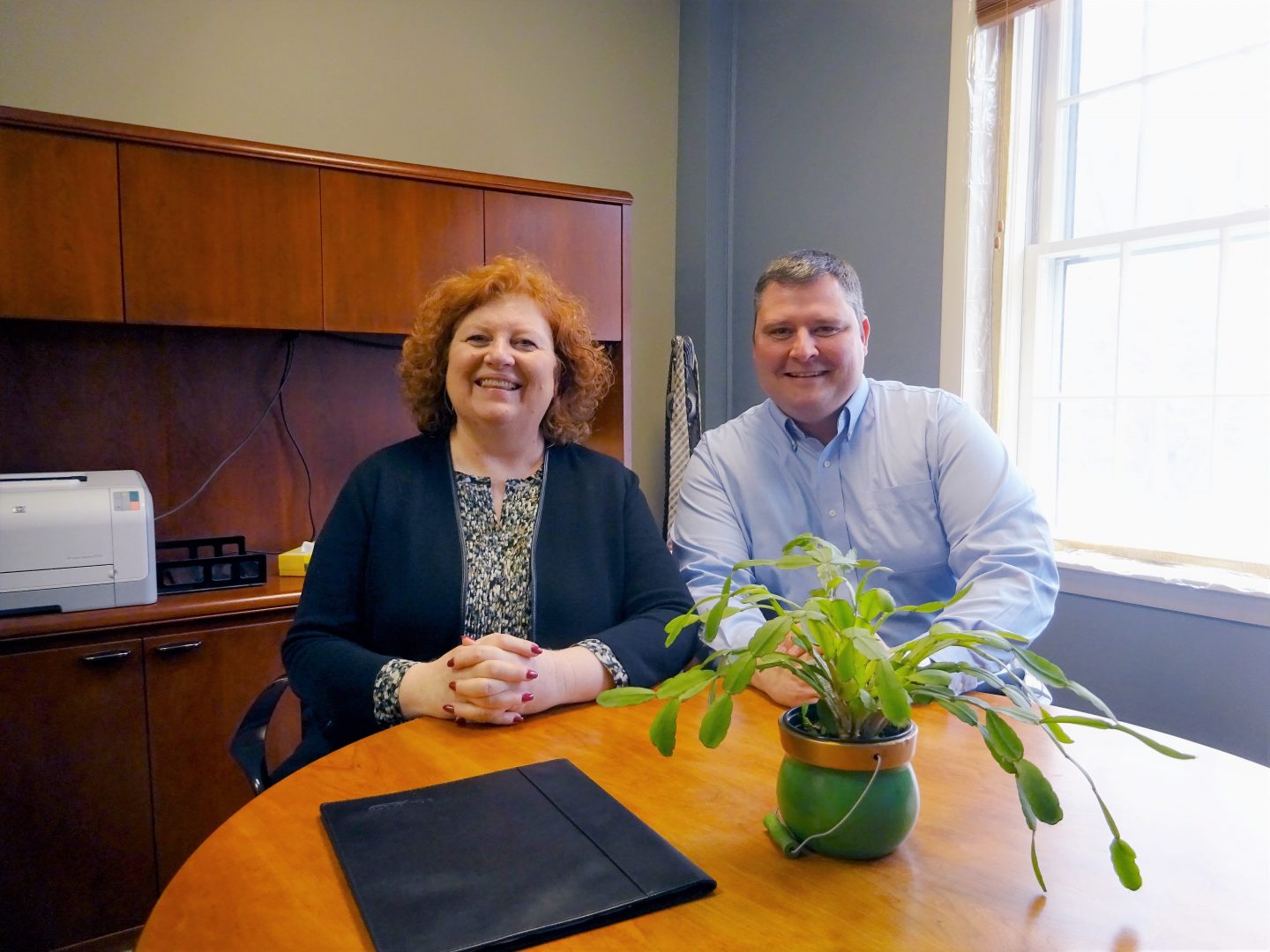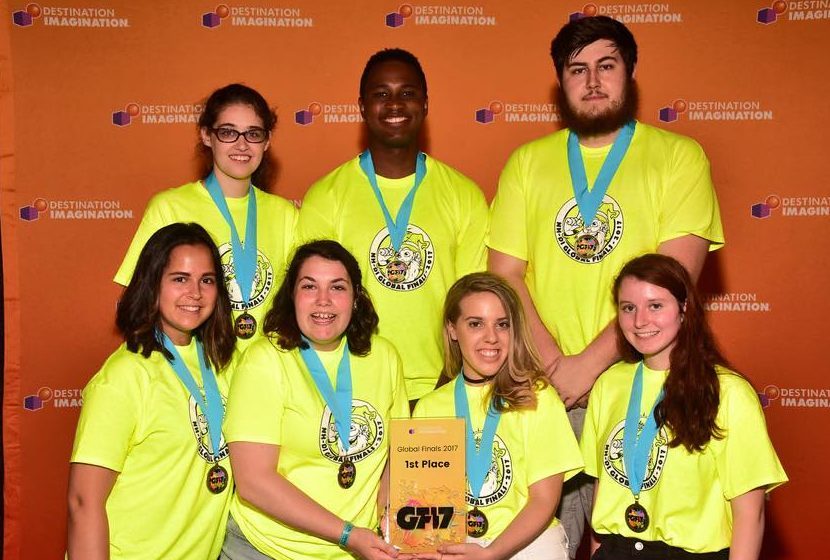Looking back on its first post-COVID academic year, the SNHU administration and wider community have reflected on what they have learned and how effective their protocols have been in mitigating the spread of the virus. The fight to stop COVID’s spread is one that involves all departments, and a lot has been learned from the hardships faced. At the center of SNHU’s plan is the COVID taskforce, a committee of representatives of various departments that coordinate college-wide policy and response procedures to COVID.
“We’ve been consistent about anchoring our decisions first and foremost on the safety of our students,” said Amelia Manning, the Chief Operating Officer of the task force. The task force started in late February of 2020, even before a global pandemic was declared as outbreaks in Europe became a concern to study abroad students. Conversations then began about what circumstances would make a closure of campus a necessity. As soon as the campus was closed, the task force immediately began to realign their priorities in order to determine how a smooth transition to online can be accomplished and how future semesters as far forward as Fall 2021 would be coordinated.
Now a year later, the task force is trying to make sure athletes who arrived on campus as early as March 1 are being acclimated to a vastly different living experience. “This is a group that did not get to play [in the] spring. It would’ve been two years…lost,” said Manning explaining why the teams were brought back this March.
With the increase in campus population, various departments have expected roles in ensuring the continued mitigation of positive cases. While the Wellness Center coordinates testing and ensuring athletes have campus resources, Public Safety is responsible for contact tracing. In the case of athletes, the Wellness Center has mandated that they are tested twice a week and have their health checked via the app Envoy. To ensure that students are updated with relevant news, they are constantly receiving emails and calls. Besides testing, wearing masks and social distancing, the Wellness Center helps students with their mental health. “We are putting information out on how to take care of yourself on our Instagram page. Counseling is still going on remotely. We are also touching base with people that are in isolation or quarantine.” Karen Estabrook from Wellness stated. The Wellness Center can be followed on Instagram @snhu_wellness.
With the crisis involving all departments, Res Life has taken on emergency housing provided to students. “We have learned that having access to housing is critical for some SNHU students, and we are grateful that SNHU created a safe plan for students…at the height of the pandemic,” said Shannon Brown, a representative of Res Life. With the return of more emergency housing students earlier this year along with athletes this March, it has become especially important that students are being properly cared for. Res Life has tried to increase student engagement on campus through online platforms such as Teams and The Scoop, a weekly newsletter.
While SNHU has attempted to effectively carry out its protocols, changing knowledge of the virus and reaction to case numbers have reshaped policy the last couple of months. “Flexibility is needed when those plans have to change because of new guidelines from the state, for example,” Brown said reflecting on how the policy was realigned to match government guidelines. Manning made it clear that SNHU was constantly communicating with the Governor of New Hampshire and the Department of Health and Human Services (DHHS). The Wellness Center is specifically in contact with DHHS to make sure their testing protocols are updated and effective. On a local level, SNHU is dedicated to making sure they follow guidelines proposed by the city of Manchester.
If a student tests positive for COVID-19 he or she will receive a call, which will provide all information needed – for example how to order food. Public safety will then begin public tracing and the student will quarantine in the Lincoln dorm. The Wellness Center will make sure that students are in good health and that the student is capable of safe isolation. Res Life will inform the roommates of the isolated student and they will have to go into quarantine. It should be noted, that no student on campus has tested positive or had to be quarantined as of March 21. Students can see the number of cases on campus, as well as the active testing numbers, on the SNHU COVID-19 Dashboard website.
Overall SNHU has had a long but successful adjustment to COVID. While there were initial challenges such as the three-month-long process to build the surveillance center, the project was ultimately successful with testing students on campus and employees. Right now, the main priority for the taskforce and SNHU is adjusting current protocols for a larger population once all campus students return in the Fall. While Manning anticipates that everyone will still be practicing social distancing and wearing masks, she is confident that the suite of protocols set these last couple of semesters will give the university the foundation needed to transition to a full return.




